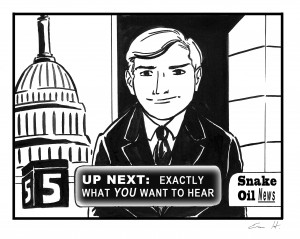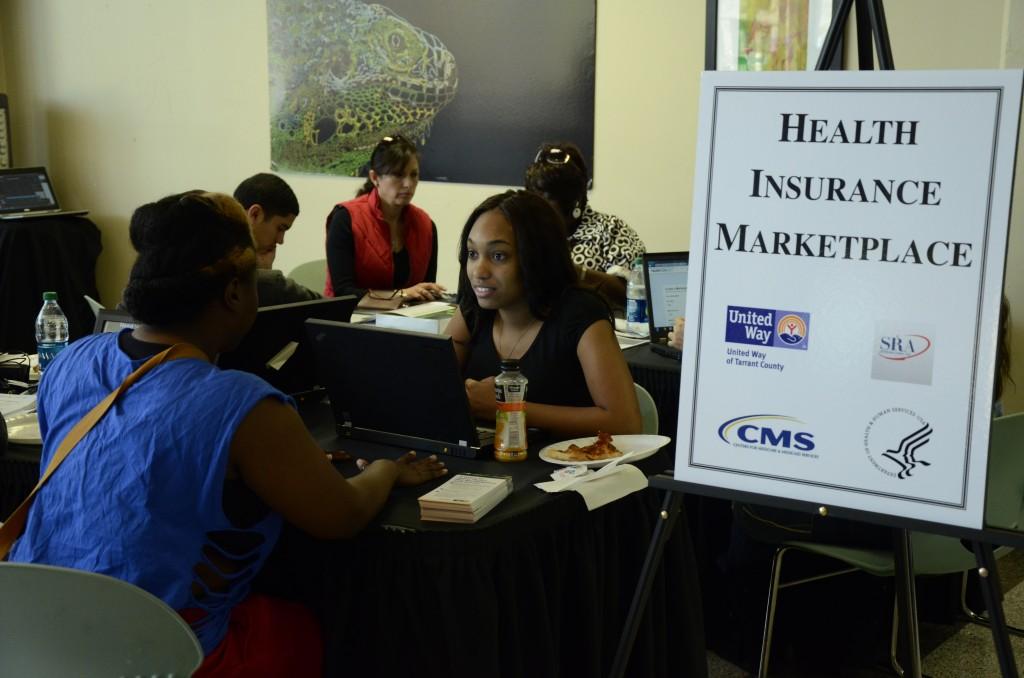
Recently, a Collegian staff member overheard a conversation in a doctor’s office between two individuals regarding the events in Crimea and specifically what actions the U.S. should take.
One gentleman suggested that to solve the dispute between Ukraine and Russia over what he called “Crimnesia,” a nuclear weapon should be dropped on the “commies.”
When he was told that Russia was no longer a communist country, the man replied, “Once a commie, always a commie.”
That this person thought the way to resolve a territorial dispute was to wipe out an entire country is ludicrous. That he did not understand Russia is a democracy, nor could he correctly name the specific region of Crimea, displays a lack of even a basic understanding of the situation.
The combined freedom of thought and expression is one of the rights that makes our society great, but that doesn’t mean whatever is thought or expressed contains merit.
If someone were to say that sucking on the end of a running car’s tailpipe was a great way to fight cancer, would you do it? (Please do not try sucking on a car’s tailpipe. You will definitely die.)
If a friend suggested a new diet of nothing but sea water, would you jump on board? (Again, don’t try this. You will die.)
As responsible members of a democratic society, it’s our duty to make informed decisions. As college students, it’s our duty to analyze facts and develop our own ideas.
While individuals have a responsibility to separate fact from opinion, that task is becoming even more difficult in the age of the 24-hour news cycle.
A study by the Pew Research Center found that among cable news stations as much as 85 percent of broadcast time was devoted to opinion rather than straight news.
Rather than filling their broadcast time with fact-based reporting, the networks spend more and more time focusing on opinions about the news.
As these shows are structured to have the appearance of a news program, it becomes difficult to distinguish between the reality of a situation and a specific viewpoint.
There’s nothing wrong with incorporating other points of view into our own ideas. The problem arises when our ideas contain nothing but others’ viewpoints.
The ability to analyze and think critically about an issue is one of the key skills learned in college and one that will continue to play a role in post-college life.
Before spouting off someone else’s ideas or giving a gut reaction about anything, take the time to think about the source. Investigate the issue from multiple authorities and separate the facts from the viewpoints.
Don’t be the uninformed loudmouth in the waiting room. Make your opinion matter.


























